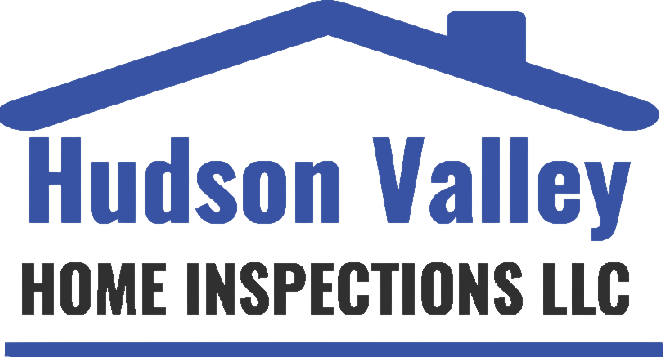Hudson Valley Home Inspections LLC
Receive all three below with any Home Inspection Package with Hudson Valley Home Inspections (No Pressure Sales)
Home Binder
FAQ's
-
What Are Concierge Home Inspection Services?
Concierge home inspection services go beyond a standard inspection by providing additional specialized evaluations tailored to your needs. At Hudson Valley Home Inspections LLC, we offer services like radon testing, mold assessments, water testing, and thermal imaging to ensure a thorough property analysis. This helps homebuyers, sellers, and homeowners uncover hidden issues, prevent future expenses, and maintain property value. Our concierge services provide peace of mind with in-depth insights into your home’s condition.
-
Why Should I Get a Mold Assessment Even If I Don’t See Mold?
Mold can grow in hidden areas, such as behind walls or in HVAC systems, and may not be immediately visible. A mold assessment includes air quality testing and surface sampling to detect spores that can lead to health issues like allergies or respiratory problems. If left untreated, mold can spread and cause costly structural damage. A proactive assessment ensures a safe and healthy living environment for you and your family.
-
Why Is Thermal Imaging Important in Home Inspections?
Thermal imaging detects temperature variations that indicate hidden problems such as water leaks, poor insulation, electrical overheating, or pest infestations. Unlike a visual inspection, infrared technology allows us to spot potential issues behind walls, ceilings, and floors. This proactive approach helps homeowners address minor concerns before they turn into expensive repairs.
-
How Can a Well Pressure Test Benefit My Home?
If your home relies on well water, a well pressure test evaluates your system’s performance, checking for inconsistent water flow or pressure drops. Low water pressure may indicate issues like a failing pump, pressure tank problems, or clogged pipes. Regular testing ensures your system functions properly, preventing unexpected failures and maintaining a consistent water supply.
-
What Happens During a Septic System Inspection?
A septic system inspection examines the condition of the septic tank, drain field, and related components to ensure proper operation. This includes checking for leaks, assessing sludge levels, and verifying that wastewater is being processed correctly. Regular inspections help avoid costly repairs, environmental contamination, and system failures that can disrupt daily living.
-
Is Water Testing Necessary If I Have City Water?
Yes, even municipal water can contain contaminants such as lead, bacteria, or excess chlorine. A water test provides a detailed analysis of your drinking water’s safety and quality. If issues are found, filtration or treatment solutions can be recommended. Water testing is especially important for homes with older plumbing, where lead pipes may pose a health risk.
-
What Is a Level 2 Chimney Inspection, and When Is It Needed?
A Level 2 chimney inspection is a more in-depth evaluation than a basic inspection. It involves a video scan of the chimney interior to check for structural damage, creosote buildup, or blockages. It is required when selling a home, after a chimney fire, or if changes have been made to the heating system. Regular inspections help prevent fire hazards and ensure safe operation.
-
How Does a Pre-Listing Inspection Benefit Home Sellers?
A pre-listing inspection helps sellers identify and fix potential issues before putting their home on the market. This proactive approach can increase buyer confidence, speed up the selling process, and reduce the chances of last-minute negotiations or deal cancellations. Addressing problems in advance can also help you list your home at a competitive price.
-
Do New Construction Homes Need an Inspection?
Yes, new homes can have hidden defects due to rushed construction, overlooked code violations, or substandard materials. A professional inspection ensures everything functions correctly before you move in. Common issues found in new homes include poor drainage, HVAC system problems, and faulty wiring. Identifying these early can save you time and money.
-
What If My Home Inspection Uncovers Problems?
Finding issues in a home inspection doesn’t necessarily mean a deal will fall through. Instead, the report provides valuable insights that can guide negotiations. Buyers can request repairs, ask for a price reduction, or proceed with the purchase while planning for future fixes. Sellers can use the report to address concerns proactively, preventing surprises during closing.

